Writing for Foreign Policy in Focus, Edward Hunt discusses how the lack of action from the United States Congress is perpetuating a legacy of colonialism.
Following months of progress on a landmark bill that would enable the people of Puerto Rico to vote on a post-territorial status for their nation, the newly seated Congress has dropped the issue. At a Senate committee hearing last month, U.S. senators paid little attention to repeated calls by Puerto Rican Governor Pedro Pierluisi to move forward with the legislation and end Puerto Rico’s status as a territory of the United States.
“For far too long, the U.S. Senate has looked the other way to avoid righting the colonial nature of Puerto Rico’s status,” Pierluisi said in a written statement to the committee.
For nearly 125 years, Puerto Rico has been a colony of the United States. Under the Insular Cases, a series of Supreme Court cases from the early twentieth century, Puerto Rico and other U.S. island territories are classified as “unincorporated” territories of the United States. The Supreme Court’s framework enables the United States to rule the territories as colonies and deprive their residents of equal rights.
The people of Puerto Rico, who were granted U.S. citizenship by Congress in the early twentieth century, lack many of the same rights as U.S. citizens living in the states. Islanders do not have full voting representation in Congress. They cannot vote in presidential elections, despite the fact that the president can send them into war. They pay taxes that fund social programs such as Medicaid and food stamps, but they receive fewer benefits. Essentially, the people of Puerto Rico are treated as second-class citizens.
Despite the progress seen in the last few years, action on this issue remains unlikely.

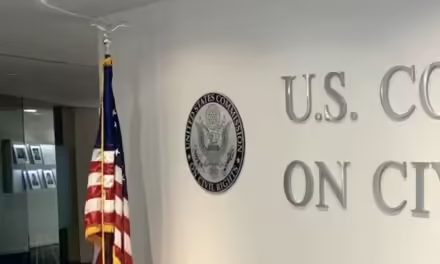
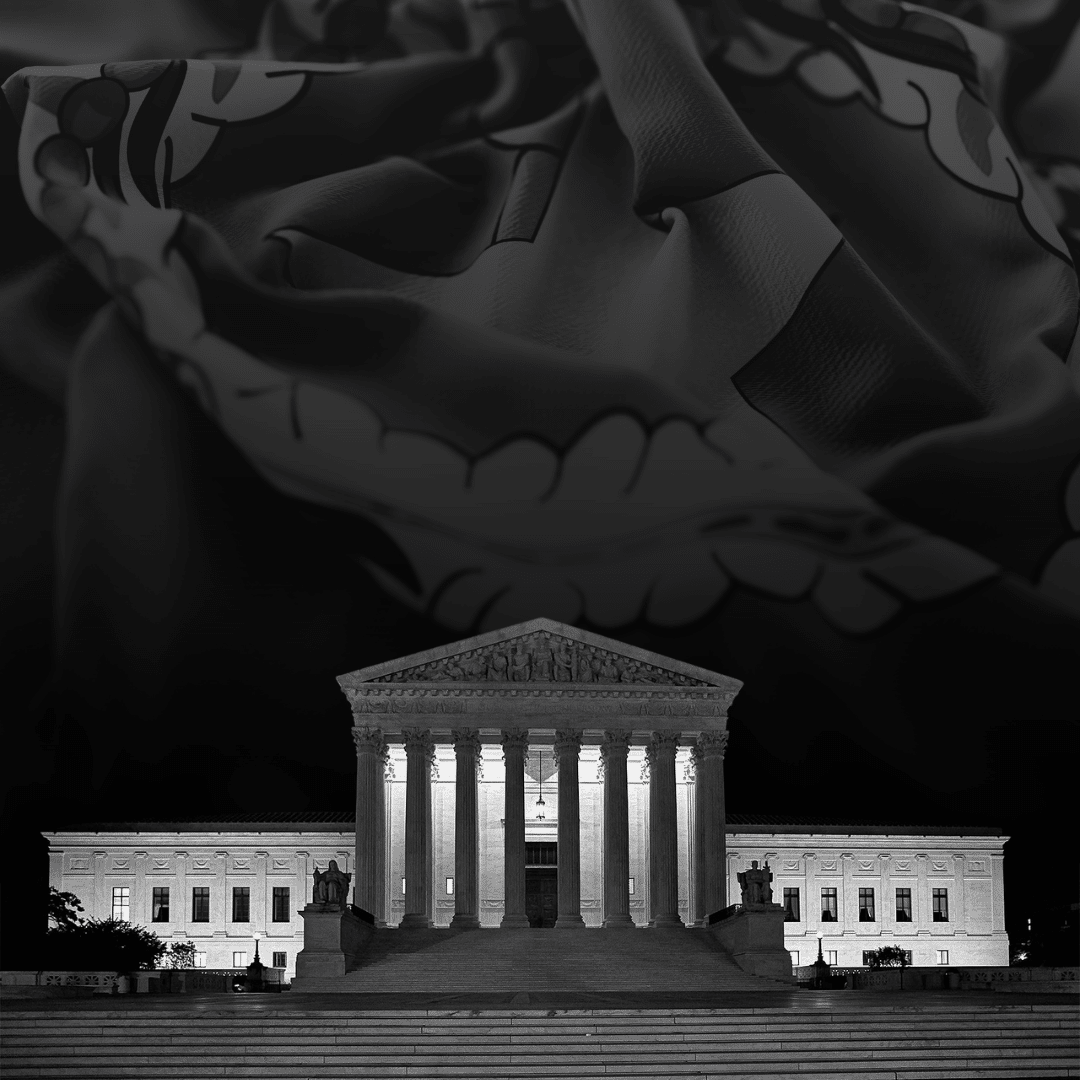

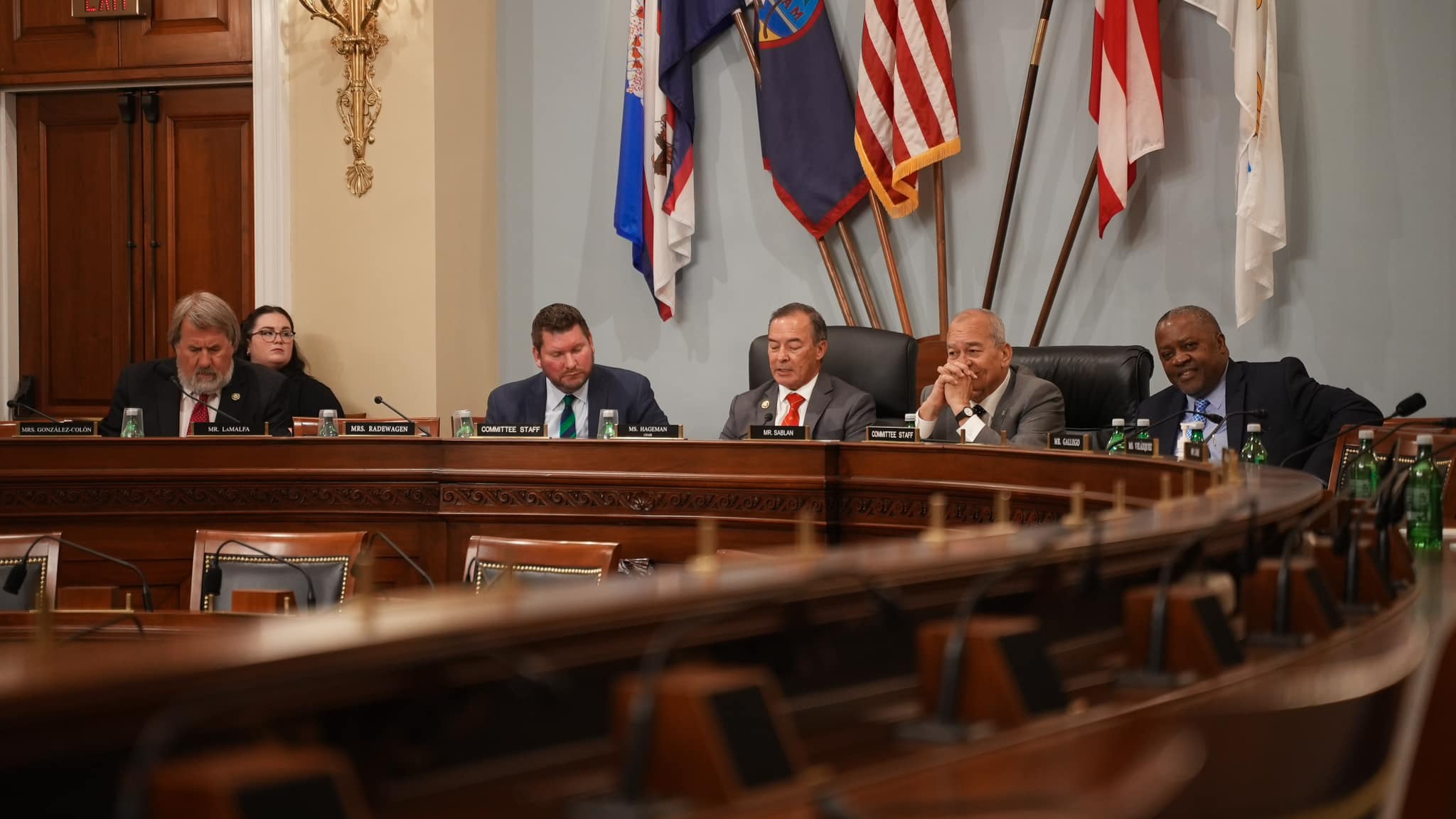

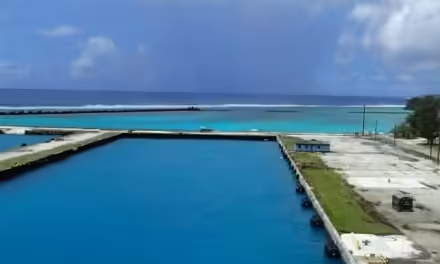


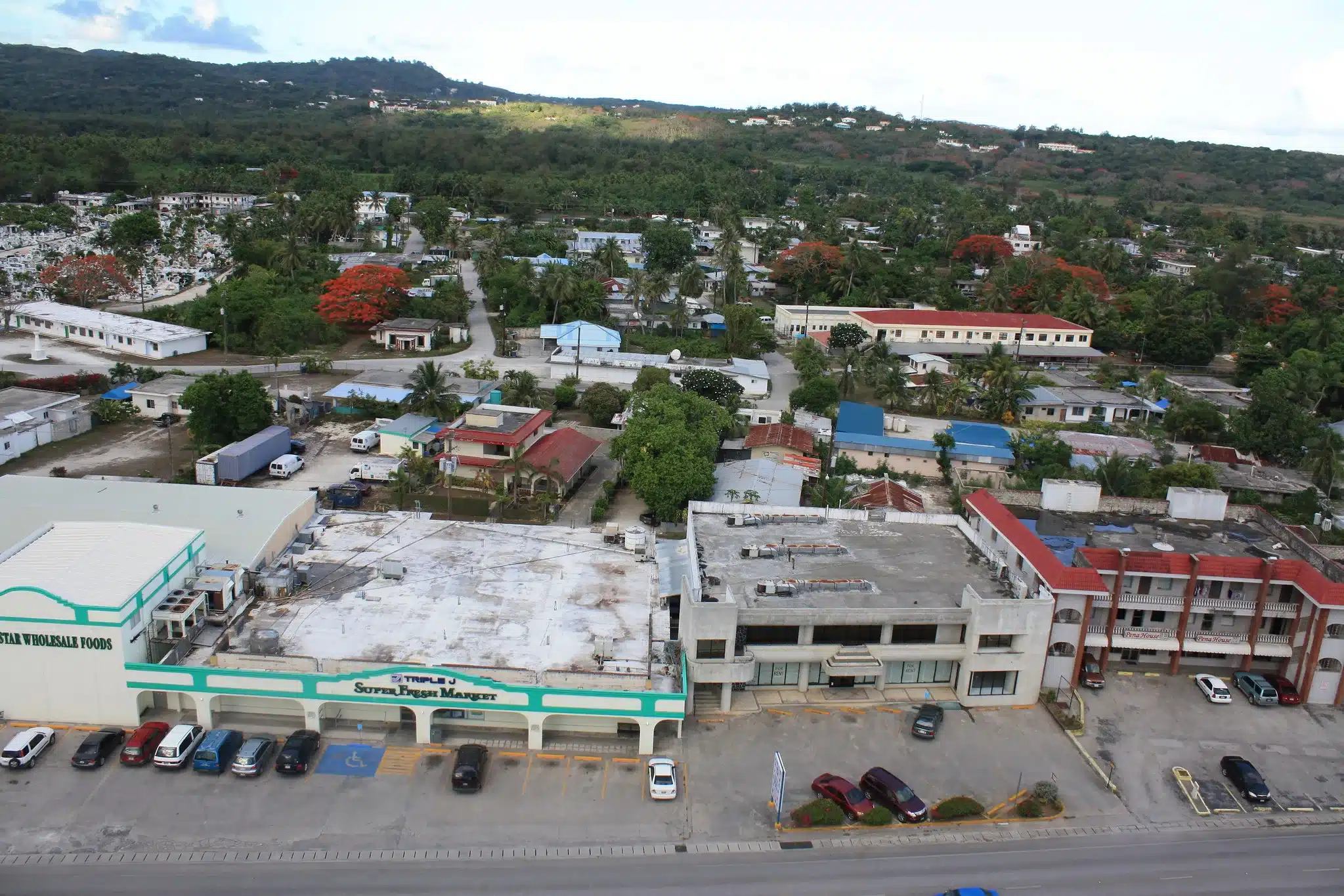

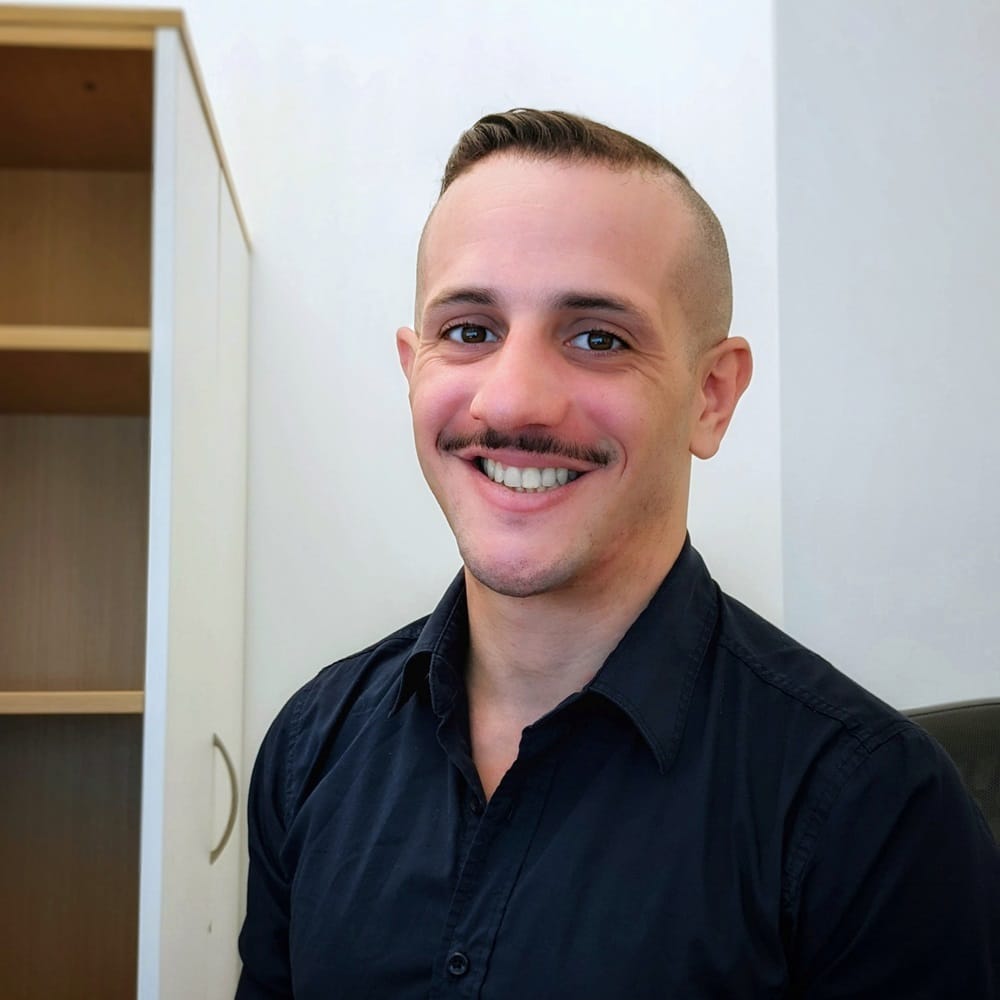
0 Comments